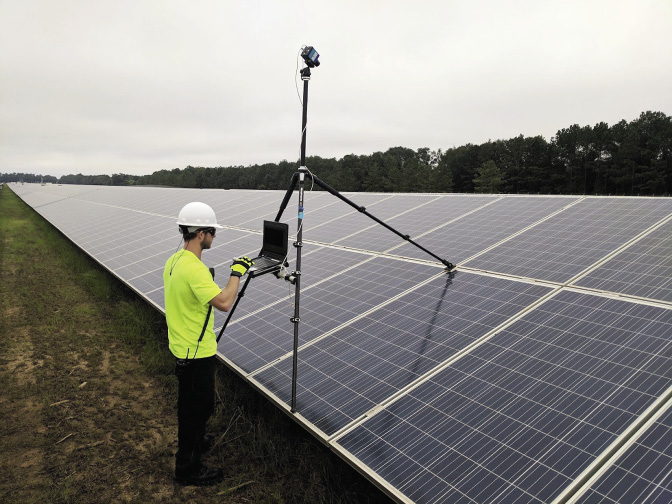The government of Bangladesh has decided to require certification of imported solar equipment by the Bangladesh Standard and Testing Institution (BSTI), with the move to encompass foreign-made panels, inverters, charge controllers, and batteries.
With Bangladesh's Sustainable and Renewable Energy Development Authority (SREDA) having determined the international standards which should be applied to such products in late 2019, an inter-ministerial meeting last week determined solar modules and inverters should join batteries and charge controllers on the list of restricted products attached to the Bangladesh import policy order. Such items are required to meet conditions set by the relevant authorities in order to be imported.
The standards
SREDA determined solar modules should meet International Electrotechnical Commission standards IEC 61215:2016, 60904-1:2013, 60904-2:2013 and 60904-9:2013. It was decided inverters should meet IEC 62109-1:2016 and 62109-2:2016, charge controllers IEC 62509:2016, and batteries IEC 61427-1:2016.
Solar manufacturers in Bangladesh have claimed sub-standard solar imports from China and India render them unable to compete on price and reduce public confidence in solar power when they fail to perform at the level expected.
A senior BSTI official has said SREDA has already approved the use of 17 Bangladesh Petroleum Corp laboratories for the testing and certification of solar products and said imports could also be tested by the Bangladesh Council of Scientific and Industrial Research, Bangladesh University of Engineering and Technology, and private-sector facilities.
Munawar Misbah Moin, president of the Solar Module Manufacturers Association of Bangladesh, said the move was long overdue. “We are producing … solar equipment in line with the standard set by SREDA,” he said, adding imports have not been saddled with the same obligation. “The government should take the matter seriously to stop [the] import of cheap solar equipment, for the sake of local industry,” Moin told pv magazine.
The nation's nine domestic solar manufacturers boast annual module production capacity of 100 MW, account for around 20% of the local market and can achieve power output ratings of up to 320 W at efficiencies of up to 19.5%, according to Moin.
Dipal C Barua, president of the Bangladesh Solar and Renewable Energy Association, suggested compulsory membership of his organization by solar product importers would help deal with the quality fears connected with foreign devices. He welcomed the move to enforce standards but warned procedures should be put in place to prevent solar importers suffering financial losses because of any associated paperwork.
This content is protected by copyright and may not be reused. If you want to cooperate with us and would like to reuse some of our content, please contact: editors@pv-magazine.com.



2 comments
By submitting this form you agree to pv magazine using your data for the purposes of publishing your comment.
Your personal data will only be disclosed or otherwise transmitted to third parties for the purposes of spam filtering or if this is necessary for technical maintenance of the website. Any other transfer to third parties will not take place unless this is justified on the basis of applicable data protection regulations or if pv magazine is legally obliged to do so.
You may revoke this consent at any time with effect for the future, in which case your personal data will be deleted immediately. Otherwise, your data will be deleted if pv magazine has processed your request or the purpose of data storage is fulfilled.
Further information on data privacy can be found in our Data Protection Policy.